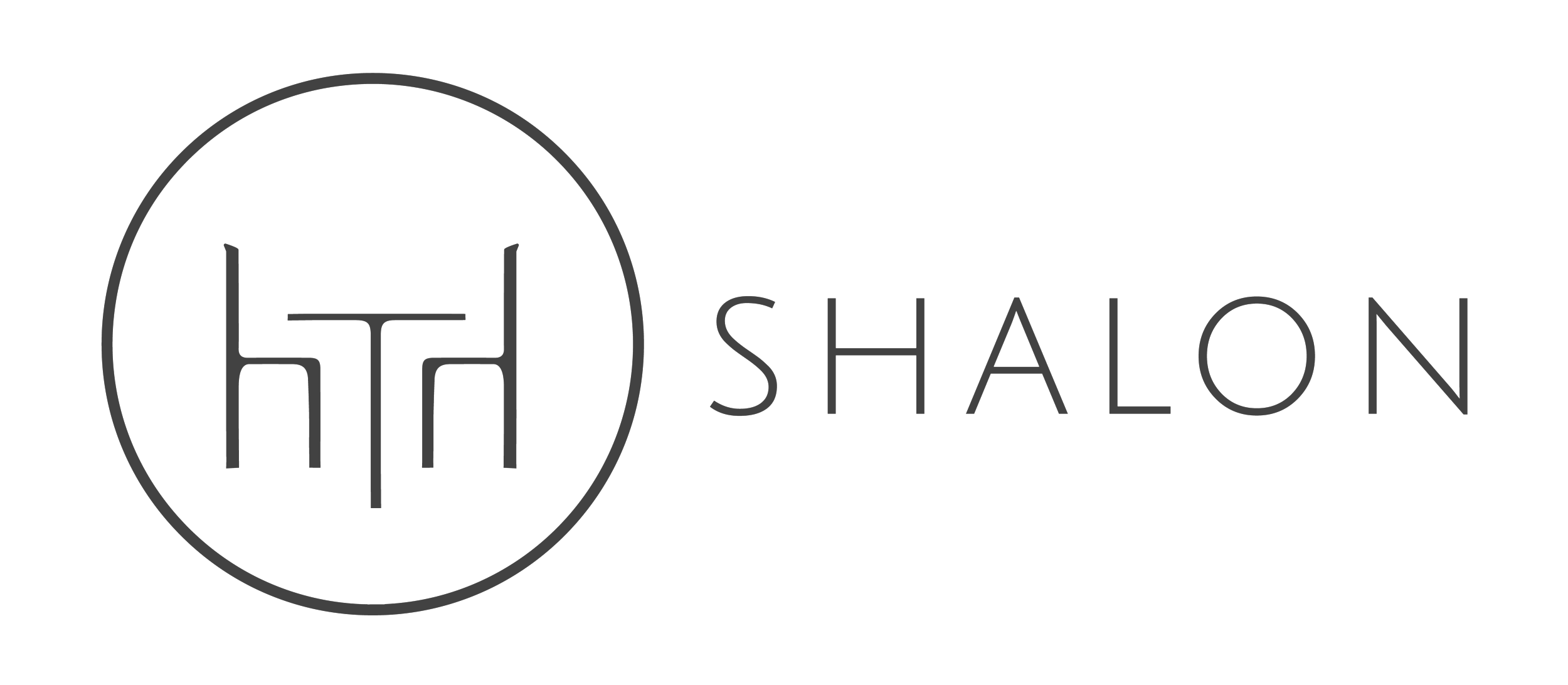Crisis Mode: Supporting our Most Vulnerable Neighbors
Sometimes, the best way to change your outlook is to focus on helping others. When we reach out to people who have true need, we are able to recognize what we have - and that instance of gratitude can be a catalyst for newfound energy, hope and strength.
Lindsay Haddix joined us for the first ever virtual Shalon to provide context and advice when it comes to how we recognize and support our communities’ most vulnerable populations. Lindsay’s professional background in affordable housing and reducing homelessness, and her passion for defending the human rights of all people make her an excellent advocate for how we can all take positive action.
Photo from Pexels.jpg
The seriousness of the situation
Even before Coronavirus hit, cities across the United States were struggling to support their entire populations. In major metropolitan areas, growing numbers of people experienced homelessness or earned extremely low incomes, leading to housing, food and healthcare insecurity; over 740,000 in the five counties that make up the Bay Area alone. Organizations such as All Home are working not only to collect and share data but also to challenge the long-standing systems that perpetuate poverty and homelessness.
A massive shock to our world truly amplifies need across every aspect of daily life. By late March over 3.3 million people filed unemployment claims in the US while healthcare, education, transportation, hospitality and so many other essential operations have been completely upended. While local, state and the federal government are stepping in to support individuals and industry with measures like moratoriums on evictions and stimulus packages, there is exponential growth in the need for support from individuals and businesses, whether it’s financially, in-kind donations or volunteer hours.
Help others once we’ve helped ourselves
It’s been said time and again, in an emergency, when stress levels are high and you’re not sure what to do, secure your own oxygen mask before helping others with theirs. Once you’ve got your mask on and have started taking deep breaths, it’s time to reach out to assist the people who cannot assist themselves. We are most certainly living through a time when every single person will need a mask - whether they’re facing illness, chaos at home, unemployment, depression, or confusion - and if we have the ability, now is the time to step up to lend a hand.
How can we get involved:
As support networks galvanize across the country, support existing organizations that have structure in place to do work efficiently (even large scale foundations and funds are being deprecated extremely quickly.)
Examples: Meals on Wheels, Jewish Children & Family Services, Hamilton Families, DISH
Financial donations to organizations focused on the five pillars of need: Food security, Housing and Homelessness, Economic security, Non Profit Assistance, & Health and Education
When possible donate to organizations that have “unrestricted funds” meaning that recipients aren’t forced to jump through a lot of hoops to receive assistance.
CARE stimulus package includes up to $300 write off for charitable donations even if you don’t itemize
Create a Giving Circle
Along with your friends, family, colleagues, etc., you can consolidate funds and choose organizations and causes to support. The beauty of a giving circle is that impact can be much higher than individual donations and generally it leads to longer term involvement by the majority of people in the group. Amplifier Giving has fantastic resources for creating and running a pop-up or longer term giving circle
Volunteer
County Government: There are roles that you can play from your home to help keep operations moving - check local government websites for information and volunteer application forms.
Many organizations are looking for healthy volunteers who do not live with someone who has a compromised immune system, consider helping with deliveries, grocery shopping, social outreach (this can be via phone or video), etc. Here is one list of Bay Area Volunteer Opportunities
Focus on long term policy change
Communicate with representatives whenever possible so that policies that actively hurt our most vulnerable populations (or our environment, education system and more) can be changed
Support involvement by corporations - whether you’re an employee, a stockholder or a consumer, your voice can make a difference, especially as you connect with others who feel similarly.
Photo from Pexels
Don’t lose hope
Among the hard to hear, scary and seemingly insurmountable obstacles that we’re facing, there are silver linings everywhere, should we choose to see them.
Know that your actions make a difference:
Prevent infection: Slow the outbreak by keeping yourself and others from getting sick.
Be prepared: Stock up on food responsibly and create a household plan.
Stay Home: Stay at home to protect others, and use these strategies to keep life as normal as possible.
Kindness is being celebrated
and so much more!
Doctors and health workers are improvising and collaborating, and industries are trying to help.
Research on a vaccine and anti-viral treatment is moving at a breakneck speed.
Large corporations and entrepreneurs are working with factories and suppliers to make new products to protect healthcare workers along with creating supplies directly from their homes
The environment is getting a much deserved break and perhaps a small window to reset:
Venice's canals are clearer than they've been in decades, two months of pollution reduction in China has probably saved over 77,000 lives, and New York researchers found a 50% drop in carbon monoxide levels.
As we continue to gather from our homes across the country and the world, remember that none of us can do everything. This is why communities are so critical at this time; when we all do something, everything can be done. Shalon is here to provide access to a community of passionate, action oriented individuals and we hope that you’ll continue to join us to learn, to be inspired and to inspire the rest of us!



